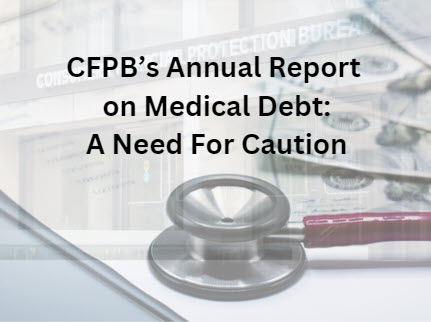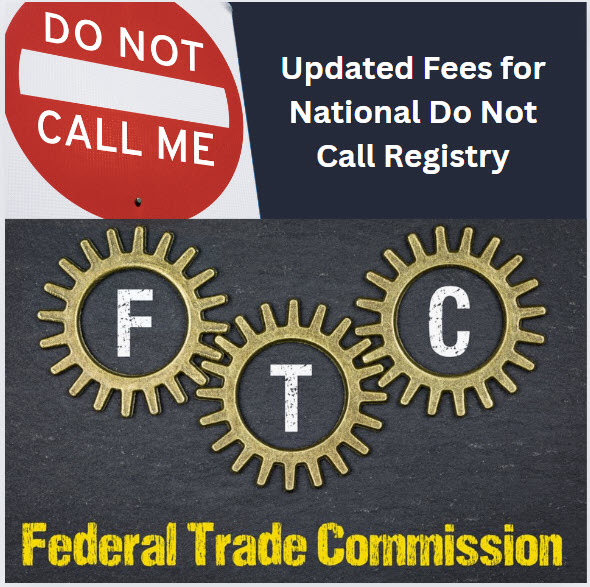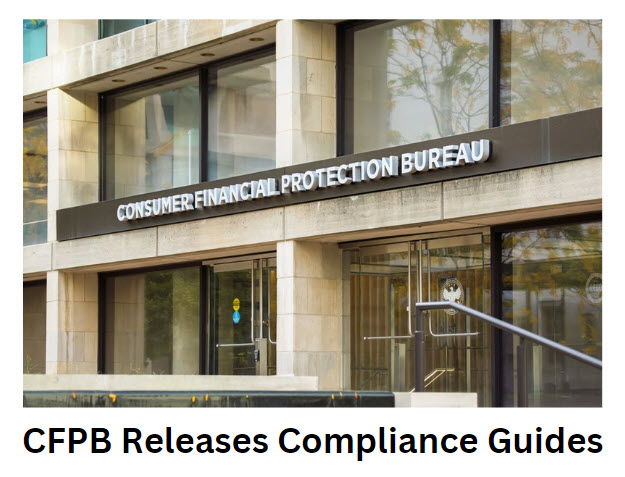Agency Selection: Fallacies, Theories & Fundamentals
Selecting the right recovery agency is a critical decision for any creditor, but it’s easy to fall into common traps that lead to suboptimal results. From assuming bigger is better to thinking aggressive sales tactics reflect the agency’s collection abilities, many misconceptions influence the selection process. This blog explores the fallacies that often cloud agency selection, the theories guiding agency performance, and the fundamentals you should consider to ensure you’re […]










